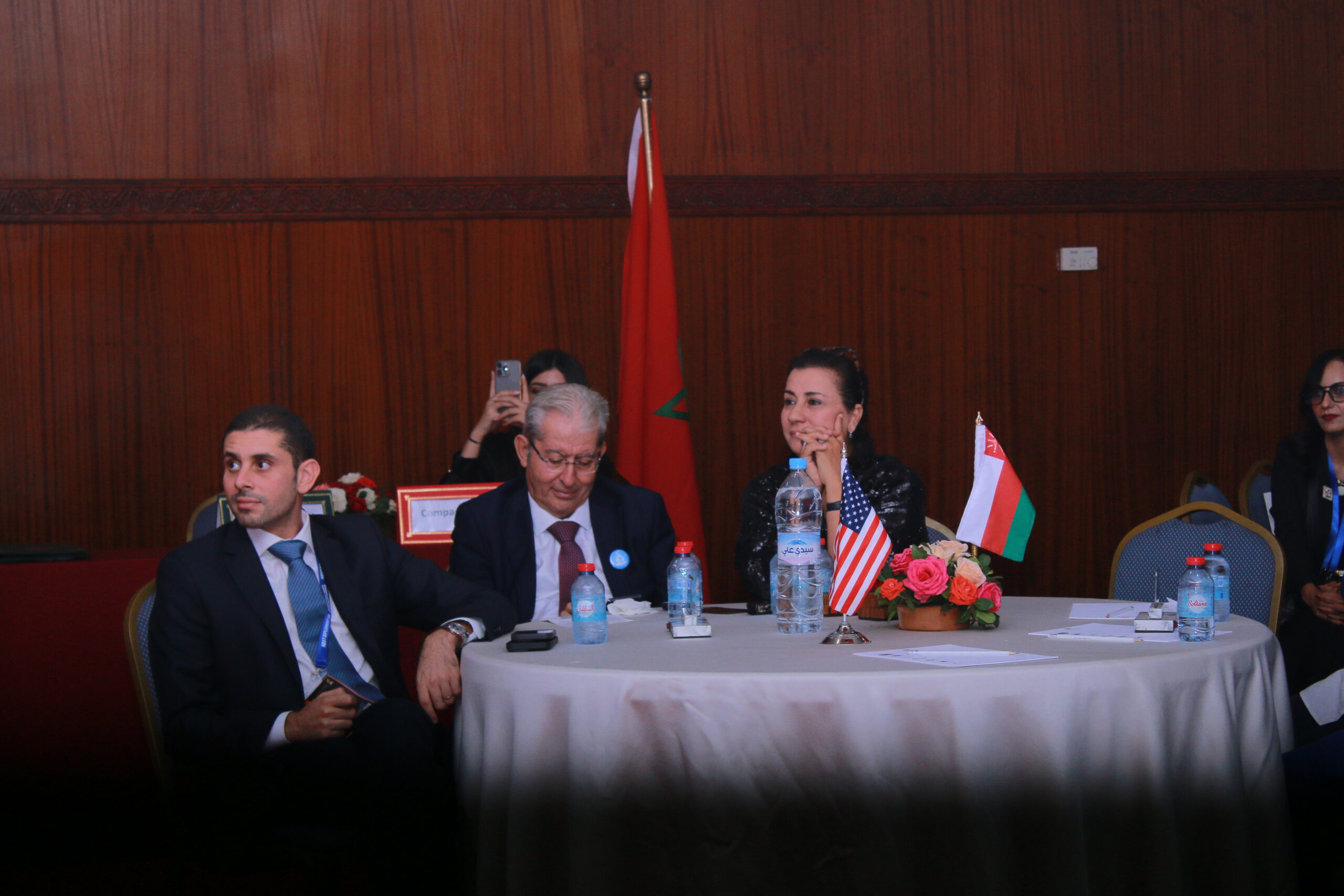Cristiano Ronaldo & Georgina Rodríguez: The Power Couple Dominating Headlines

Cristiano Ronaldo & Georgina Rodríguez: The Power Couple Dominating Headlines
By Founder Success Magazine
Lisbon / Madrid / Social Media – When it comes to global sports power couples, Cristiano Ronaldo and Georgina Rodríguez are in a league of their own. From dominating the football pitch to ruling social media, the duo is constantly trending, proving that their influence goes far beyond the game.
A Glamorous Life in the Spotlight
Whether it’s a high-profile match, a family moment shared on Instagram, or a luxury getaway, Ronaldo and Georgina know how to capture the world’s attention. With millions of followers on social media, every post sparks engagement, from fashion looks to private celebrations.
“We love sharing moments that matter,” Georgina recently told the press. “Family, success, and passion for life—that’s what keeps us inspired.”
Fashion, Lifestyle & Influence
Georgina has become a fashion icon in her own right, gracing magazine covers, attending elite events, and collaborating with luxury brands. Ronaldo complements her presence with his signature charisma and global appeal, making them a perfect blend of sport, style, and influence.
The couple’s reach extends beyond entertainment: they are entrepreneurs, philanthropists, and brand ambassadors, showing how modern celebrities leverage fame into business and social impact.
Trending Together
Recent appearances, from award ceremonies to exclusive events, have kept them trending on Twitter, Instagram, and TikTok, with fans celebrating their style, family moments, and chemistry. The buzz proves that Ronaldo and Georgina are more than a couple—they are a cultural phenomenon shaping sports, lifestyle, and luxury trends worldwide.
Why It Matters
For Founder Success Magazine, their story is a masterclass in personal branding, influence, and strategic visibility. They show how to merge professional excellence with personal style and public engagement—creating a global legacy that transcends football.









